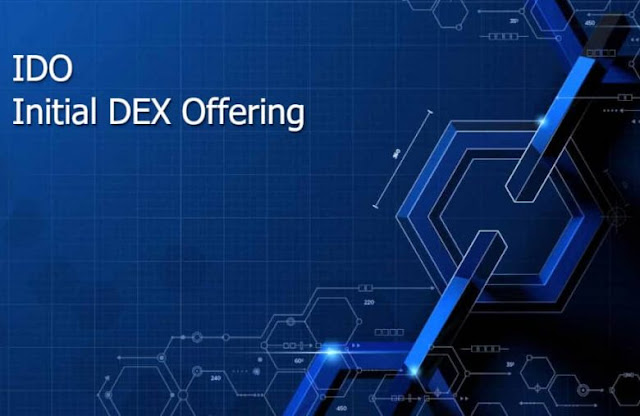Development of the DeFi Exchange and cryptocurrency traders
Decentralized finance, or DeFi, is committed to bitcoin trading and the broader decentralized financial ecosystem, claims a DeFi market development service provider. Virtual currencies have developed into well-known assets that can be used for transactions and payments, and they are accessible to everyone, no matter where they are.
What is the fundamental tenet of decentralized money, and how does trading fit into it?
A provider of crypto development services claims that the crypto industry is booming and has a trillion-dollar global market. Democratic finance, or DeFi, is a digital ledger that uses smart contracts to operate under the principles of blockchain technology, much like decentralized cryptocurrencies. Agreements are identity contracts that can be viewed and used by anybody with internet access without a mediator.
The DeFi services that are most recently available are those that are most closely associated with the following:
I am earning compound interest by borrowing and lending cryptocurrency.
Buying cryptocurrencies like stablecoins, tokens, mining, and staking depends on how much the currency is worth.
Derivatives for digital assets are created and exchanged.
Transactions and costs are now more transparent thanks to DeFi lending, which enables anyone to borrow bitcoins like centralized banks.
The DeFi applications currently in use were created specifically for the network and are composed of peer-to-peer protocols designed to meet the requirements of decentralized blockchain networks. A blockchain development company claims that the protocols allow for straightforward lending, borrowing, and trading utilizing the most advanced financial instruments. With the increasing interest in blockchain technology and the growth of the NFT market, NFT marketplace development is becoming a popular area of focus for many blockchain development companies.
What precisely ties trade and DeFi together?
DeFi is increasingly widely used, and numerous DeFi programs are being created that can handle billions of transactions every week. On the other side, traders benefit the most, which can be expressed as —
DeFi is a decentralized financial system that allows users to trade and deal simultaneously and allows for quicker transfers with lower costs overall.
DeFi eliminates the need for intermediaries, who otherwise would have to charge higher interest rates for additional perks.
DeFi facilitates high-yielding trading, also called "yield farming," which enables investors to borrow or credit cryptocurrency at astronomically greater rates.
Many decentralized DeFi apps or dApps created on the Ethereum blockchain can handle billion-dollar trading 24 hours a day, 7 days a week. Hence, Crypto development services are increasing in popularity.
What distinguishes DeFi from conventional financial systems?
A defi exchange claims that there are many distinctions between DeFi and conventional financial products, including:
DeFi dApps can use smart contracts to run, and any organization or person does not govern DeFi operations. Contrarily, a financial system cannot be automated; a governing body and its employees must manage it.
The smart contract's code is open to inspection by all blockchain network users. In a conventional banking system, audits are conducted, which may pose privacy issues and reveal users' true identities.
Using the same DeFi services and international network, Dapps are intended to be accessed from any location. DeFi offers a seamless and adaptable user experience by employing a third-party interface or letting you create your own. Traditional financial institutions, like banks, have limited functional space. This might only be possible with a conventional financial system, though.
DeFi is an alternative to the current financial system because it is built entirely on blockchain technology and aims to provide the same services without using centralized authority. DeFi is the first autonomously operating currency in recent memory, according to a large crypto exchange development company. It runs freely and does not depend on centralized financial intermediaries or third parties like banks, insurance companies, or credit unions.
DeFi is still in its infancy in the decentralized ecosystem, with functional protocols and applications serving thousands of users every day for the trade of digital assets. DeFi may provide better returns as interest rates rise, generating higher earnings with less work.


Comments
Post a Comment